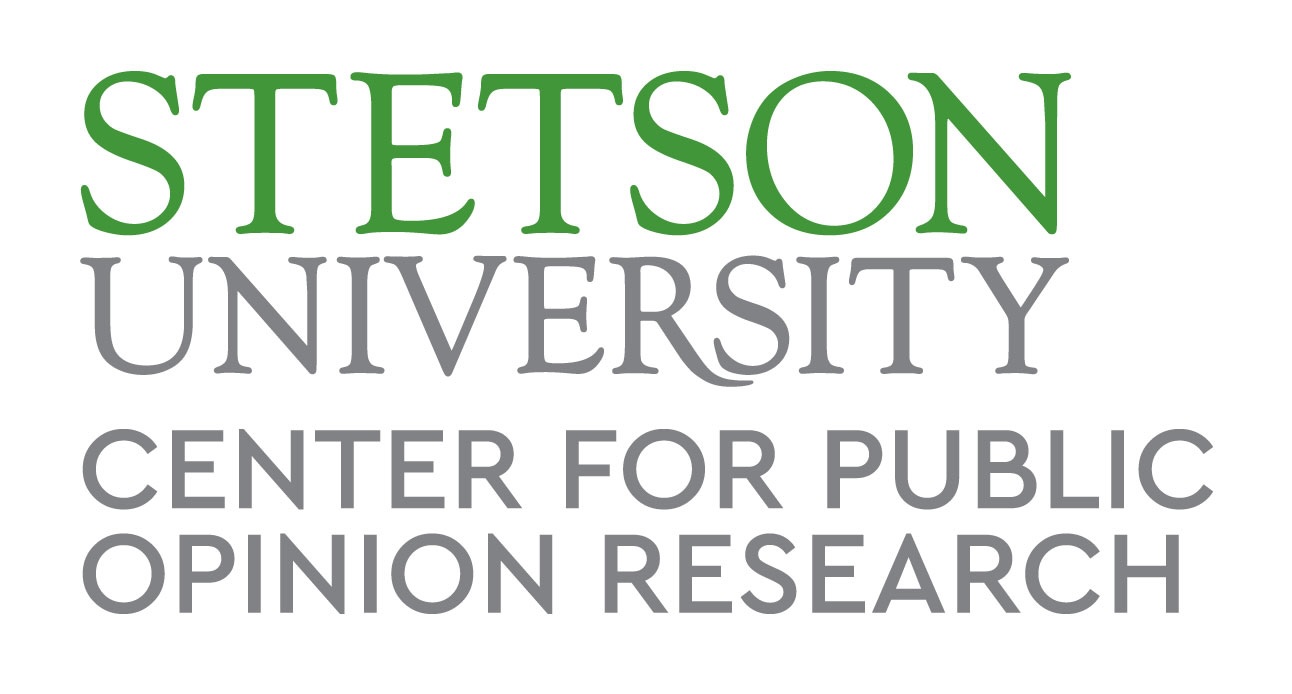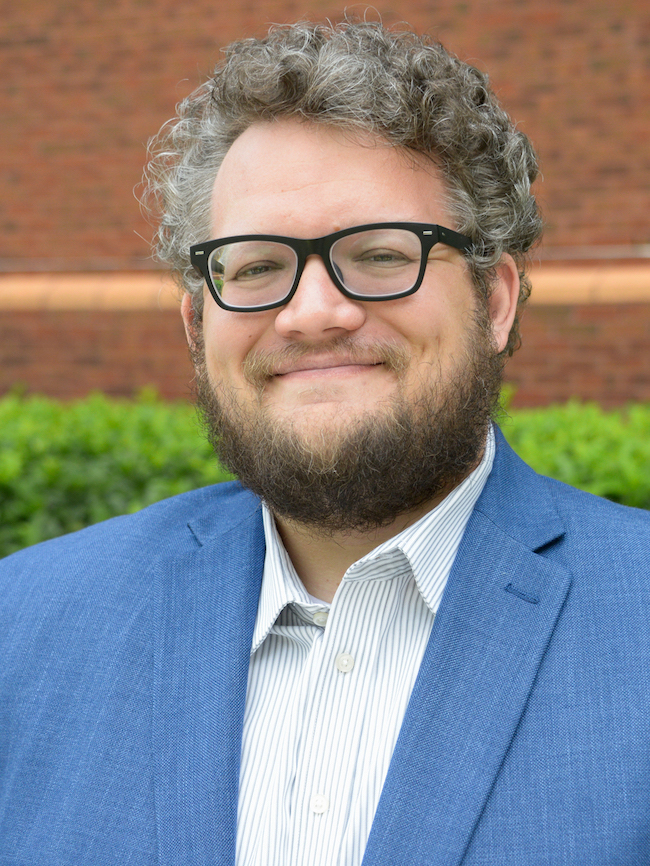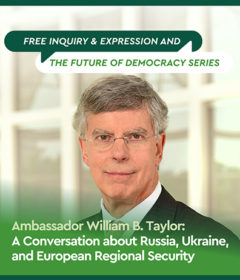Majority of Americans Prefer Year-Round Daylight Saving Time, Stetson Survey Reveals


As many Americans prepare to set their clocks forward on Sunday, March 9, there’s debate about ending this tradition.
President Trump posted on social media in December, “The Republican Party will use its best efforts to eliminate Daylight Saving Time, which has a small but strong constituency, but shouldn’t! Daylight Saving Time is inconvenient, and very costly to our Nation.” On Thursday, however, he said “it’s hard to get excited” about a change because it’s a “50-50 issue.”

The Center for Public Opinion Research (CPOR) at Stetson surveyed Americans on the biannual clock changes, which will happen this Sunday at 2 a.m. when clocks “spring forward” to 3 a.m.
The survey, conducted nationally with a representative sample of 1,006 U.S. adults, found a majority of Americans supported the idea to stop changing their clocks twice a year (75%).
When asked which system they preferred, 54% favored year-round Daylight Saving Time, which would result in later sunrises and more sunlight in the evening.
Another 21% supported a permanent switch to standard time, meaning earlier sunrises but less daylight in the evening. Only 18% preferred keeping the current system of changing clocks twice per year, while 7% were unsure.
Among generational groups, Gen Z (ages 18-29) showed the highest support for keeping the twice-yearly clock changes, with 32% favoring the current system — statistically significant compared to all other generations. However, preferences for daylight saving time or standard time showed minimal variation across gender, income, education, race and party identification.

“Honestly, I am not sure what would explain this difference,” said Steven Smallpage, PhD, associate professor of political science at Stetson and director of CPOR. “Perhaps it could be that the younger generation has more of a flexible lifestyle, which is less impacted by clock changes. Or perhaps they just like the current system of changing times twice a year because it’s interesting and something different.”
Methodology
This study was conducted by Stetson University’s Center for Public Opinion Research through SSRS on its Opinion Panel Omnibus platform. The SSRS Opinion Panel Omnibus is a national, twice-per-month, probability-based survey. Data collection was conducted from February 21 – February 23, 2025, among a sample of 1,006 respondents. The survey was conducted via web (n=976) and telephone (n=30) and administered in English. The margin of error for total respondents is +/-3.7 percentage points at the 95% confidence level. All SSRS Opinion Panel Omnibus data are weighted to represent the target population of U.S. adults ages 18 or older.
About the Center for Public Opinion Research (CPOR)
The Center for Public Opinion Research at Stetson University specializes in nonpartisan public opinion polling and survey research. CPOR provides valuable insights into political, social, and economic issues affecting Florida and the United States. For more information, visit http://www.stetson.edu/cpor.



